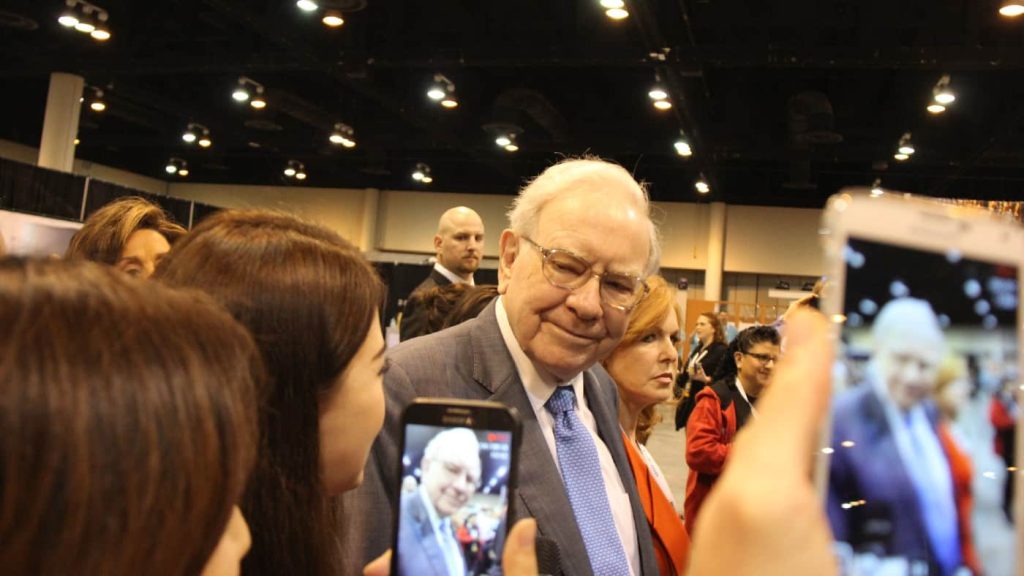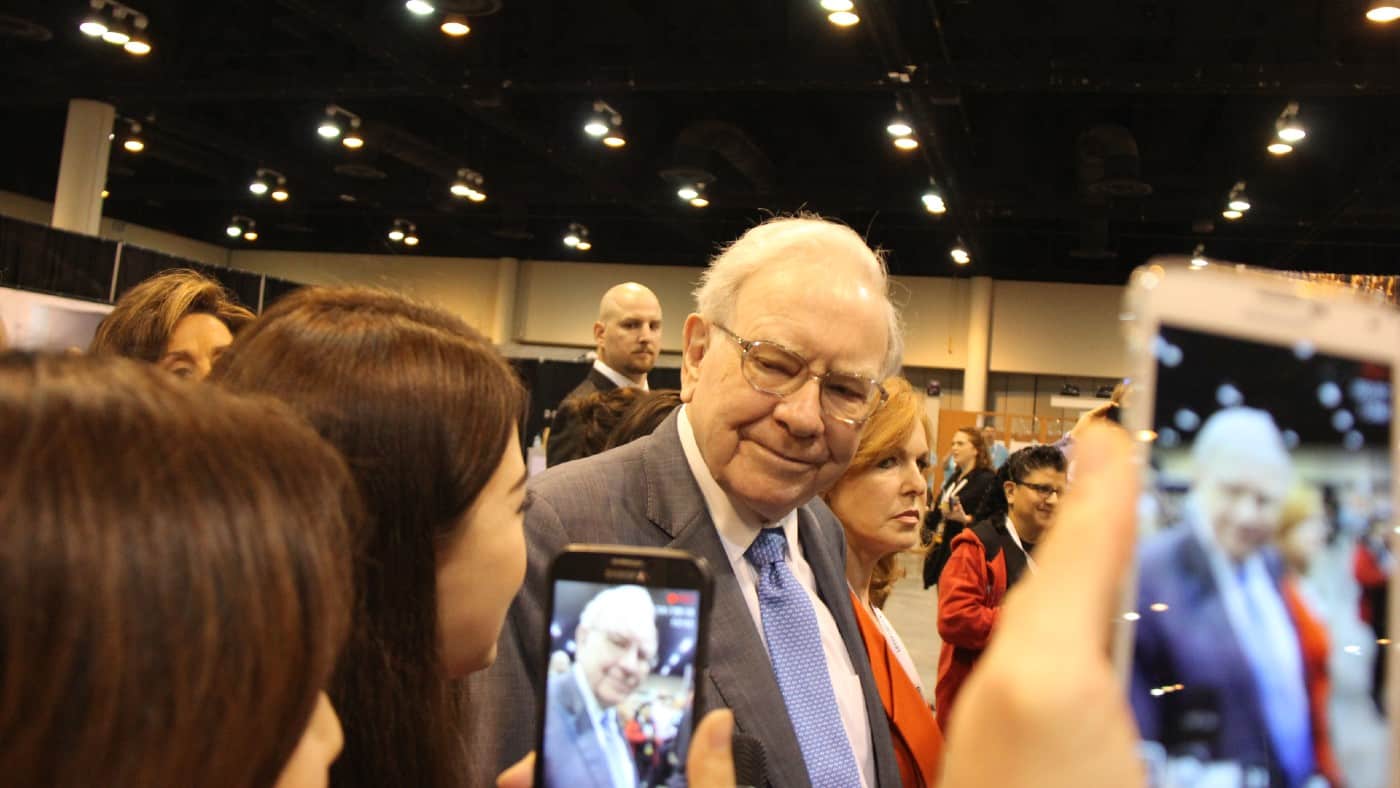FTSE stocks use this earnings measure that Warren Buffett says is misleading


Ocado Group (LSE:OCDO) is a FTSE 250 stock that like to focus on EBITDA (earnings before interest, tax, depreciation and amortisation) when reporting its results.
It’s not alone. But I’ve chosen the grocer-cum-technology group to help illustrate why this measure of profit has its critics.
For the 52 weeks ended 1 December 2024 (FY24), Ocado reported adjusted EBITDA of £153.3m. After revenue, it was the second financial measure referred to in its press release. Compared to FY23, it had increased by £101.7m. This significant improvement could explain its prominence in the stock exchange announcement.
However, its FY24 pre-tax adjusted loss was £374.5m. The difference between these two measures of profitability is £527.8m and is explained by depreciation and amortisation (£460.3m), net finance costs (£82.3m) and other gains (£14.8m).
High-profile critics
At the 2017 meeting of Berkshire Hathaway’s shareholders, Warren Buffett described EBITDA as “misleading statistic” that could be used in a “pernicious” way. He particularly disliked the way in which it ignores depreciation. The American billionaire had previously asked: “Does management think the tooth fairy pays for capital expenditures?”
But it was his colleague, Charlie Munger, who was more scathing. He commented: “I think you’ve understated the horrors of the subject” and said that those who use the concept when valuing a business had a “disgusting nature”.
This seems a little extreme to me but I understand the point being made. Excluding the ‘I’, ‘T’, ‘D’ and ‘A’ means a higher valuation can be achieved.
Dividing opinion
However, achieving a generous valuation has never been a problem for Ocado — its current (21 May) market cap is £2.3bn.
This seems extraordinary for a company that’s loss-making (at a post-tax level) unless, of course, it has great potential that’s not reflected in its current numbers.
And this is where I struggle to see the business case.
On the plus side, its joint venture with Marks & Spencer is doing well. It’s the fastest-growing UK grocer. However, food retailing is a low-margin business. In FY24, the division accounted for 85% of revenue but only contributed 29% of EBITDA (oops, sorry Mr Buffett).
In my opinion, the group’s future rests on massively increasing the number of customers licensed to use its clever logistics solutions and innovative warehouse technology.
But to bridge the £527.8m gap in the two earnings figures described above, revenue in its technology solutions division — based on its reported margin — would have needed to be over six times higher in FY24. And I think this illustrates the enormity of the challenge facing the group.
So, what do the ‘experts’ think?
The consensus is for the situation to improve over the next three financial years. However, by FY27, a loss per share of 18.5p is predicted.
The average 12-month price target of the analysts covering the stock is 268p (range: 205-402p). This is marginally below where the share price is currently. However, it does move around a lot. According to the Financial Times, it’s twice as volatile as the FTSE 250 index.
Personally, I don’t want to invest in Ocado. I agree with Warren Buffett that when it comes to analysing stocks, it’s post-tax earnings that count. And I don’t see how the group’s going to be in the black any time soon.
The post FTSE stocks use this earnings measure that Warren Buffett says is misleading appeared first on The Motley Fool UK.
Passive income stocks: our picks
Do you like the idea of dividend income?
The prospect of investing in a company just once, then sitting back and watching as it potentially pays a dividend out over and over?
If you’re excited by the thought of regular passive income payments, as well as the potential for significant growth on your initial investment…
Then we think you’ll want to see this report inside Motley Fool Share Advisor — ‘5 Essential Stocks For Passive Income Seekers’.
What’s more, today we’re giving away one of these stock picks, absolutely free!
More reading
- £10,000 invested in the FTSE 100 at the start of the century could now be worth…
- Should I invest in the S&P 500 or the FTSE 100 right now?
- Is it time to look again at this fast-growing UK stock?
- Forget gold! Here’s why I prefer investing in growth stocks
- I still don’t understand the Vodafone share price!
James Beard has no position in any of the shares mentioned. The Motley Fool UK has no position in any of the shares mentioned. Views expressed on the companies mentioned in this article are those of the writer and therefore may differ from the official recommendations we make in our subscription services such as Share Advisor, Hidden Winners and Pro. Here at The Motley Fool we believe that considering a diverse range of insights makes us better investors.





